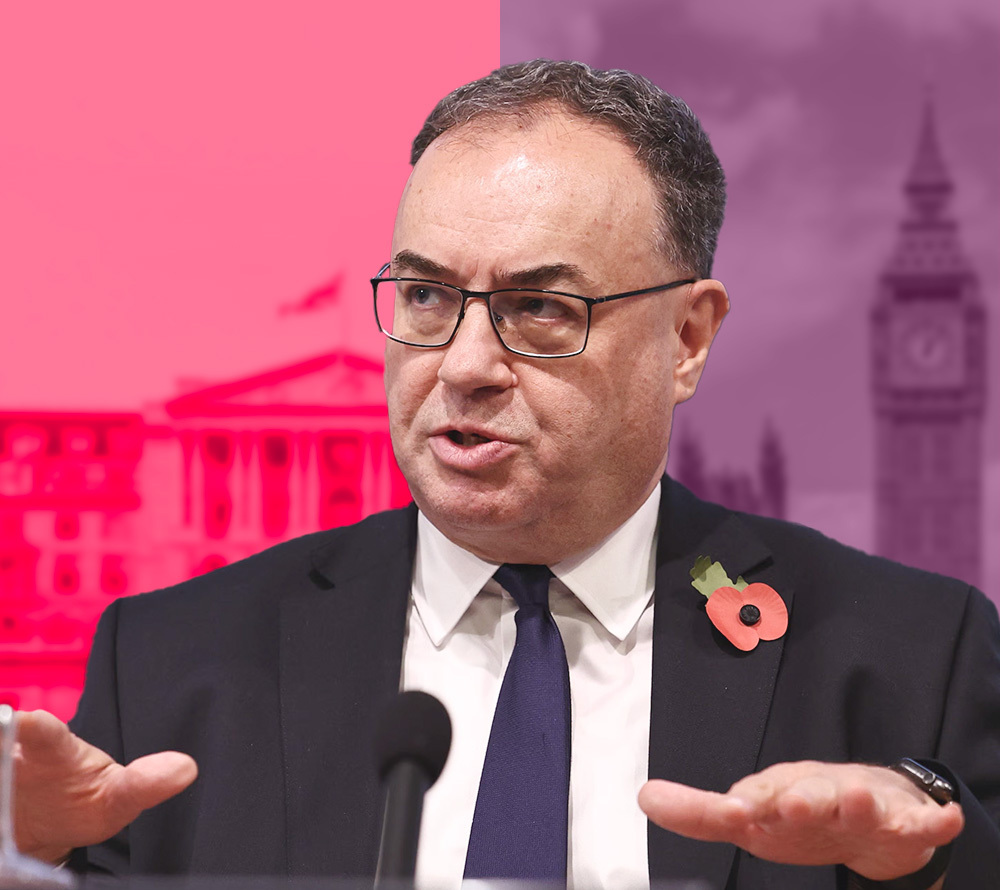On Thursday, the Bank of England chose to cut interest rates by 0.25% to 5%, to finally break ranks and be the first to move. It has been long awaited that central banks would start cutting interest rates; however, strong labour markets and falling inflation have meant that this has continued to be pushed back.
So, whilst this is a small move (and there is much debate about how quickly more rate cuts will follow), it’s a momentous one, as it signals the beginning of the next phase.
But what does this mean for the people of Britain?
Saving interest rates
For the last 12 months, people have been nicely rewarded on their short-term savings. At the peak, some banks were offering over 5% for cash savings accounts – a far cry from the sub 1% rates even 12-24 months before that. You have seen the savings interest rates available already start to come down in recent months, as banks have been forward looking at their expectations of the Bank of England rate movements and you will probably see these rates offered by banks dropping more quickly as they hedge themselves against further rate cuts by the BoE.
Moneyfarm’s own short-term offering, Liquidity+, has also seen a drop—it was offering 5.3% not long ago and now sits around 5%.
So, we are still in a better place than two years ago for people’s short-term savings; however, this may trigger a more meaningful change over the next 12 months. This, along with many other reasons we have always discussed at length, is a reason not to rely heavily on cash for long-term goals.
Debt interest
High interest rates are good for savers and punishing for people with debts. Most commonly focussed on mortgages. So for those of you with variable-rate mortgages or about to renew terms (or enter an agreement for the first time) Thursday’s announcement will be welcome news. There is always some debate about whether banks or building societies will pass on these rate cuts – but there is a lot of competition in the mortgage space which will benefit borrowers as banks and building societies compete for people’s business. Further rate cuts (or even the expectation of further cuts) would be even better for these mortgage holders.
In other debt types, it depends on a) whether the rate is ‘variable’ (if it’s fixed, then nothing changes regardless of rates) and b) the competitive landscape in that market.
If the debt market is uncompetitive, then your lender may not make many adjustments when rates come down.
Bonds
Interest rates are particularly important for bond markets – as bonds are a type of debt that someone owes to the bondholder – you in this case.
However, it’s quite complicated because you have the price of that debt if you were to sell it on to someone else to factor in – particularly in an ETF, you very rarely just hold the bonds (debt) you have until the end of its term.
When interest rates shot up last year or even when the expectations rose in 2022, bond prices got hammered. Because the value of holding some debt that pays 2% when interest rates are heading to 5% diminishes pretty rapidly.
Having said that, for new bonds coming into the funds, or purchased on share investing platforms – they have a tasty interest rate. Bonds will generally pay the central bank base rate, with some adjustment for the added risk that they hold – often credit risk. So in many instances, where interest rates were around 5%, bonds were giving something even more interesting – for example the UK corporate bond fund in our portfolios has returned 8.7% over the last 12 months (1 August 23 to 1 August 24 – past performance is not an indicator of future performance).
Whilst interest rates coming down will negatively affect the amount of interest that receive from new bonds that are launched, it is actually positive for the value of bonds in circulation. Think of the reverse of the situation above, if you are holding a bond that pays 6% and interest rates drop towards 3% again, then that bond paying 6% becomes much more valuable.
So you should see some positive price movements of bonds and bond funds if interest rates (or expectations of interest rates) continue to come down.
Please note there are many factors and variables involved and different bonds will behave differently.
Economy and equity markets
The last point to briefly touch on is economic growth and perhaps its effect on equity markets.
Again, different scenarios might react differently – for example if interest rates are being cut because a country is in or is entering recession, then it will be negative for equity markets.
However, dropping the rate it costs companies and individuals to borrow is generally a tool used to boost economic growth. It allows more freedom for investing and spending which should boost output and GDP. So further cuts to interest rates should be positive for the UK economy and subsequently UK stocks (unless it proves to be inflationary). The same goes for other countries should they follow suit.
On top of this, getting a bit nerdy here but it is relevant, most stocks (and other financial instruments) are priced in terms of the value of expected income in the future – which makes sense, how much is Tesco going to earn in 5 years is relevant to how much you’re willing to pay for the stock now. However, these cashflows have to be ‘discounted’ back to today’s value of money. The rate used to ‘discount’ this is generally based on the central bank base rate. If this rate is higher, then the value now of future cashflows is lower and if the rate is lower, then the value today of those future cashflows is higher.
So long story short, simply by the mechanisms of pricing models, a fall in interest rates generally is a boost for the value of future company earnings and so positive for the stock price.
Different types of stock are affected differently. Companies expected to have high future growth are most acutely affected by this, and generally more established and predictable companies are less so.
So, to summarise, while this is a small first move, the level of interest rates will have a huge effect on different aspects of your life and investments. So, this first step in cutting rates is a big moment.
If you would like to talk in more detail about this topic or how it affects your personal situation, I actively encourage you to book a call with our friendly team of advisers who would be more than happy to go through it with you.
Risk Warning
Please remember that when investing, your capital is at risk. The value of your portfolio with Moneyfarm can go down as well as up and you may get back less than you invest. Past performance is not a reliable indicator of future performance. The views expressed here should not be taken as a recommendation, advice or forecast. If you are unsure investing is the right choice for you, please seek financial advice.
*As with all investing, financial instruments involve inherent risks, including loss of capital, market fluctuations and liquidity risk. Past performance is no guarantee of future results. It is important to consider your risk tolerance and investment objectives before proceeding.





